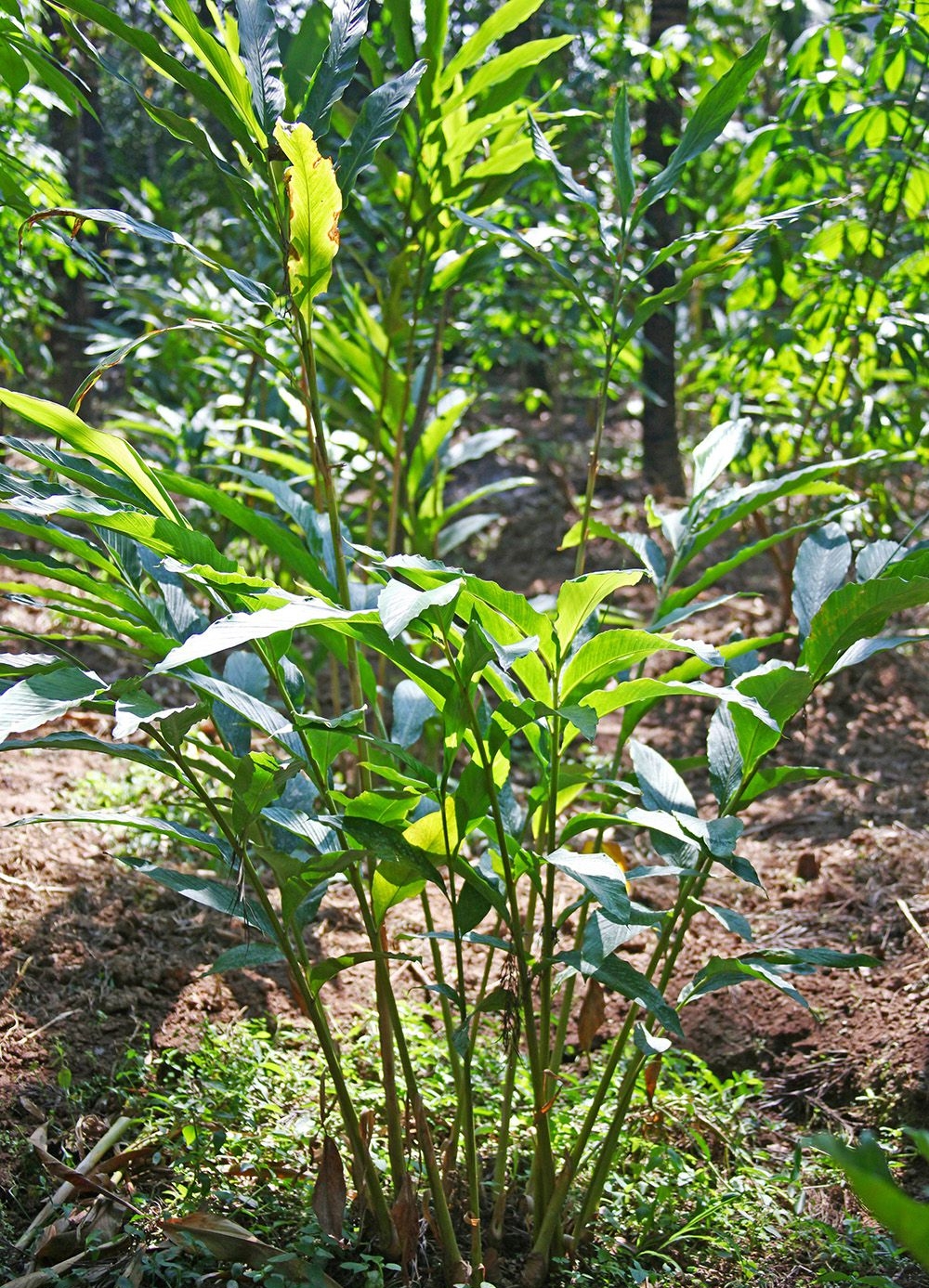Gorkha, July 21, 2025 - In a significant initiative blending environmental restoration with rural economic development, four rural municipalities in Gorkha district have begun cultivating new opportunities through the free distribution of 100,000 cardamom saplings to local farmers.
The campaign, spearheaded by the Swara Sanghan Village Development Center in collaboration with the CIS-supported Spice Project, aims to promote the cultivation of high-value cash crops like large cardamom (Amomum subulatum) while simultaneously addressing ecological concerns such as land degradation, soil erosion, and biodiversity loss.
Executive Director of Swara Sanghan, Sitara Shrestha, stated that farmers from Ajirkot, Dharche, Siranchok, and Arughat Rural Municipalities received the saplings between Asar 30 and Shrawan 5 (mid to late July), aligning the planting with the monsoon season to enhance survival and growth rates.
“We are not only distributing saplings-we are committing to walk with the farmers through the entire process,” said Shrestha. “From transplanting and nurturing to harvesting, storing, and marketing, our organization will provide full technical and logistical support.”
This initiative reflects a growing movement in Nepal to optimize underutilized hilly terrain by introducing resilient, climate-smart crops. Cardamom, a traditional export commodity of Nepal, thrives in moist, shaded environments typical of Gorkha’s mid-hills and has shown strong market potential both domestically and internationally.
In addition to promoting income diversification and livelihood resilience in rural communities, local governments expect the campaign to yield environmental dividends. According to participating municipalities, cardamom cultivation is anticipated to aid in soil conservation, landscape restoration, and ecosystem balance, while enhancing the aesthetic and ecological value of the region.
The Swara Sanghan Center has also provided hands-on training in sustainable farming practices, pest management, and organic techniques, aiming to empower farmers with the knowledge necessary for long-term productivity and environmental stewardship.
This integrated approach marks a promising model for eco-inclusive rural development, showcasing how targeted investments in green agriculture can uplift communities while healing landscapes-a message with growing urgency amid Nepal’s ongoing struggles with land degradation, outmigration, and rural poverty.
Ecosphere News will continue to follow this initiative, exploring its impacts on sustainable agriculture, local economies, and the ecological integrity of Nepal’s hill regions.